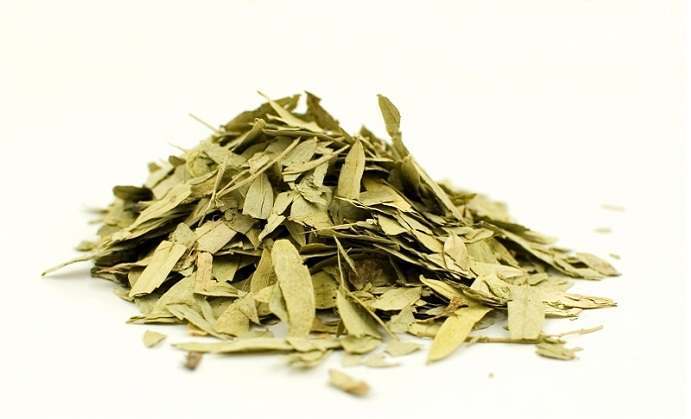Casia Acutifolia, also known as Senna, is a plant that belongs to the pea family. It originates from Africa, India, and the Middle East. Most of the commercial varieties that one can buy in a specialized store nowadays come from various Southern areas of India and the Middle East. The parts of this plant utilized in alternative medicine are the seed, the leaf, and the pod.
The beginnings
Some of the earliest uses of Senna have been documented in China, where the name Fan-Hsieh-Yeh is a common denomination for its laxative effects. In fact, the name stands for ‘foreign-country laxative herb’, which is to be expected considering that Senna was widely used Arabian physicists as early as the 9th century. Two Arabian scientists, Sesue and Serapion, are said to have named the herb in the first place. Word has it that these two first used it as a purgative. Senna penetrated the area that we call the United Kingdom sometime in the 17th century.
Action and benefits
 One of the general capabilities of this herb is promoting bowel movements. Therefore, it can be used with great results by people who are struggling with constipation and colon dysfunctions. In fact, Senna is a common ingredient in many natural supplements and teas.
One of the general capabilities of this herb is promoting bowel movements. Therefore, it can be used with great results by people who are struggling with constipation and colon dysfunctions. In fact, Senna is a common ingredient in many natural supplements and teas.
Some of the constituents that make up Senna include flavones, essential oil, mucin, resin, and tartaric acid. All of these components contribute to an efficient bowel evacuation.
The major advantage of integrating this herb in your diet is that it has been approved by the Food and Drug Administration. Unlike other plants of which the effects have not been shown to be useful or beneficial, this one has encountered no issue regarding getting the FDA certification. Considering the amount of heavily processed foods that we consume on a daily basis, Senna is among the most commonly used natural laxatives in the United States.
Common uses
This herb can be a great help for the following issues: constipation, intestinal parasites, acne, obesity, menstrual pain, bad breath, and even gallstones.
Senna and colon cleansing
 Colon cancer is one of the illnesses of our century. Over time, it has been linked to various insecticides, gases, and toxic substances. Other chemicals have also been shown to potentially cause colon cancer and they may range from Phenol to Muscarine.
Colon cancer is one of the illnesses of our century. Over time, it has been linked to various insecticides, gases, and toxic substances. Other chemicals have also been shown to potentially cause colon cancer and they may range from Phenol to Muscarine.
Aside from creating a high risk of colon cancer, the waste that builds up in one’s intestines can lead to skin problems, autoimmune diseases, obesity, abdominal cramps, and acid reflux. These are just a few illnesses that can occur when someone is suffering from chronic constipation.
Senna and other herbs
When utilized with other herbs, Senna proves to do an even better job. It can be combined with anything from Cayenne Pepper to Turkey Rhubarb Root. Just remember, choose only organic supplements and substances when you decide to fix your bowel problems all on your own.
Possible interactions
Women who are pregnant are kindly asked to refrain from taking Senna, as its effects on this social category have not been tested. In addition, people suffering from intestinal obstructions and ulcers, IBS, and Chron’s disease should avoid this natural herb, despite the fact it has no proven side effects.











